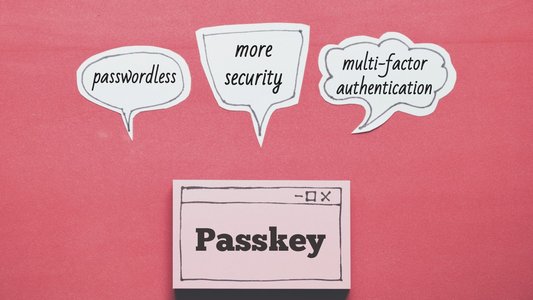Online phishing scams are becoming more frequent and more sophisticated, according to the Online Authentication Barometer, published by the FIDO Alliance on October 16, 2023.
When asked about phishing attacks, over half (54%) of respondents to the FIDO Alliance survey said they have seen an increase in suspicious messages and scams. Meanwhile, 52% believe phishing techniques have become more sophisticated, likely due to threat actors leveraging AI to create phishing schemes and deploy phishing campaigns.
“Tools like FraudGPT and WormGPT, which have been created and shared on the dark web explicitly for use in cybercrime, have made crafting compelling social engineering attacks far simpler, more sophisticated, and easier to do at scale. Deepfake voice and video are also being used to bolster social engineering attacks, tricking people into thinking they are talking to a known trusted person,” reads the report.
Passwords Still Dominant Across Use Cases
The FIDO Alliance found that password usage without two-factor authentication (2FA) is still dominant across use cases.
The survey showed that people enter a password manually nearly four times a day on average, or around 1280 times a year.
Vulnerable passwords are particularly used to log on to a work computer or account, with 37% of respondents using this method instead of multi-factor authentication (MFA).
No tags.




































